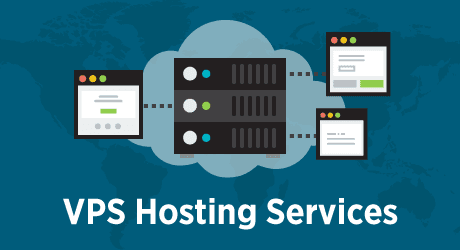Choosing the Right Web Hosting Plan: Factors to Consider
As experienced web professionals, you understand that choosing the right web hosting plan is crucial for website performance, security, and scalability. This guide delves into the key factors to consider when selecting a hosting plan tailored to your specific needs.
1. Traffic Analysis and Projections
Begin by analyzing your current website traffic using tools like Google Analytics. Identify peak traffic hours, average daily visitors, and traffic sources. Extrapolate this data to project future traffic growth based on your business goals and marketing strategies. Accurately estimating your traffic needs ensures you select a plan that can handle the load without performance bottlenecks.
2. Storage Requirements and Scalability
Assess your website's storage requirements, including website files, databases, emails, and backups. Consider factors like multimedia content, e-commerce product catalogs, and user-generated content. Opt for a plan that provides ample storage space with room for future growth. Cloud hosting solutions offer excellent scalability, allowing you to easily upgrade storage capacity as needed.
3. Budget Allocation and Cost Optimization
Define a clear budget for web hosting. Evaluate pricing models from different providers, comparing features, resources, and contract lengths. Consider the long-term cost implications, including renewal fees and potential overage charges. Shared hosting offers affordability, while VPS and dedicated servers provide greater control and resources at a premium cost. Choose a plan that balances your budget with your performance requirements.
4. Server Resources and Performance Optimization
Evaluate the server resources offered by each hosting plan. Pay attention to CPU cores, RAM allocation, and storage type (HDD vs. SSD). SSDs offer significantly faster data access speeds, improving website loading times. Consider content delivery networks (CDNs) to cache and deliver static content from servers closer to your users, further enhancing performance.
5. Security Protocols and Data Protection
Prioritize security by selecting a hosting provider with robust security measures. Look for firewalls, intrusion detection systems, and regular security audits. Secure your website with an SSL certificate to encrypt data transmission between the server and user browsers. Back up your website regularly to prevent data loss in case of technical issues or security breaches.
6. Server Location and Content Delivery
Choose a server location geographically close to your target audience. Server proximity reduces latency and improves page load speeds for visitors in that region. Utilize a CDN to distribute your website content across multiple servers globally, ensuring faster delivery and a better user experience regardless of location.
7. Technical Support and Service Level Agreements
Evaluate the level of technical support offered by the hosting provider. Look for 24/7 availability via phone, email, or live chat. Review their service level agreements (SLAs) for guaranteed uptime percentages and response times for support requests. Reliable technical support is crucial for resolving issues quickly and minimizing downtime.
8. Control Panel and Server Management
Familiarize yourself with the hosting control panel provided. cPanel and Plesk are popular options offering user-friendly interfaces for managing domains, email accounts, databases, and other server settings. Determine the level of server management you require. Managed hosting plans offer comprehensive server maintenance and support, while unmanaged plans give you more control but require technical expertise.
9. Operating System and Software Compatibility
Ensure the hosting environment supports your website's technology stack. Consider the operating system (Linux or Windows), scripting languages (PHP, Python, Ruby), and database management systems (MySQL, PostgreSQL) required by your website. Confirm compatibility to avoid any conflicts or limitations during development and deployment.
















